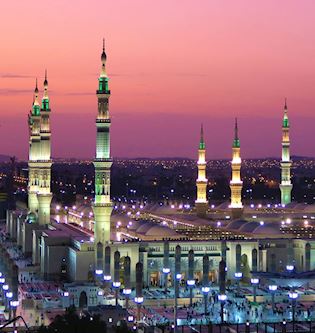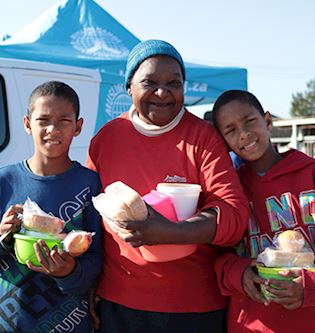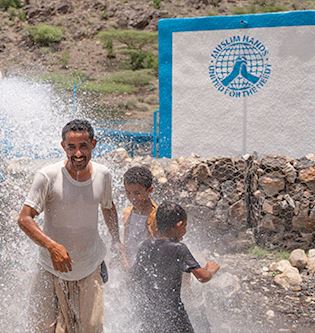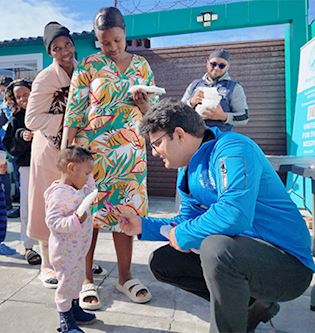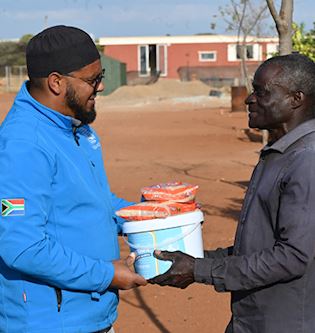Why is Qurbani Important?
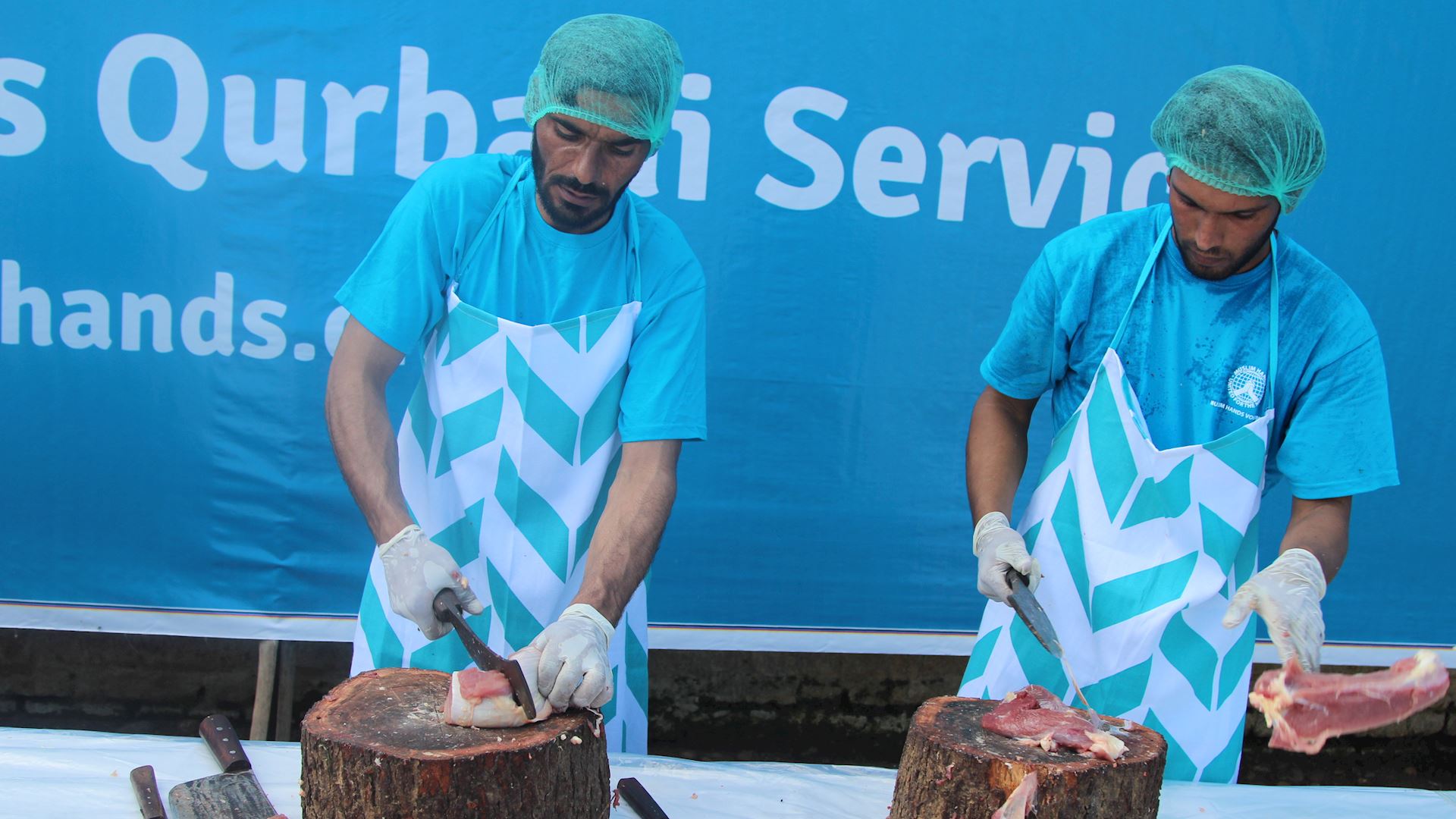
The Qurbani or Udhiya, as it is known in Arabic, is the way in which we commemorate the ultimate sacrifice Prophet Ibrahim and his son Ismail (as) were willing to make in the way of Allah (swt). Prophet Muhammad (saw) performed this rite and Muslims today continue to follow his example.
But why is it so important to remind ourselves of the story of Ibrahim and Ismail (as) every year?
Ibrahim’s test teaches us many things about the most essential elements of our faith. The most important of these is absolute devotion and submission to Allah (swt). As we know, the literal meaning of the word ‘Islam’, is submission. Being Muslim means forsaking your own pride and ego to devote yourself completely to Allah (swt). When Prophet Ibrahim (as) offered his beloved son as a sacrifice, he showed his total submission to the will of Allah (swt) and his faith in the Creator’s guidance. Because of this, not only was his son saved, but Ibrahim (as) was rewarded with the favour of Allah (swt):
‘And We left for him (favourable mention) among later generations, "Peace upon Ibrahim". Indeed, We thus reward the doers of good. Indeed, he was of Our believing servants. And We gave him good tidings of Iss'haq, a prophet from among the righteous. And We blessed him and Iss'haq’. (Qur’an 37:108-113)
As well as submission to Allah (swt), there are many other lessons that we can take from the history behind Qurbani:
Sabr (Patience)
While Ibrahim’s (as) actions are exemplary of submission to Allah (swt), his son Ismail (as) displays the ultimate example of sabr, one of the most important virtues of a believer, ‘the Prophet (saw) said, “Whoever practices Sabr, Allah (swt) gives him Sabr. And no one can be given anything better or more far-reaching than Sabr’ (Bukhari). When Ismail’s (as) father tells him about his dream in which God (swt) commands him to sacrifice Ismail, he replies, ‘O my father, do what you are commanded to do. You will find me, God willing, patient’ (Qur’an 37:102).
While anger and fear would be the natural human reaction to Ibrahim’s (as) news, Ismail’s (as) sabr, borne out of his deep faith in the plan Allah (swt) has for him, allows him to conquer these emotions and to cause no further distress to himself or his father. It is his sabr that gives him the strength to face even the most frightening aspect of this dunya; death.
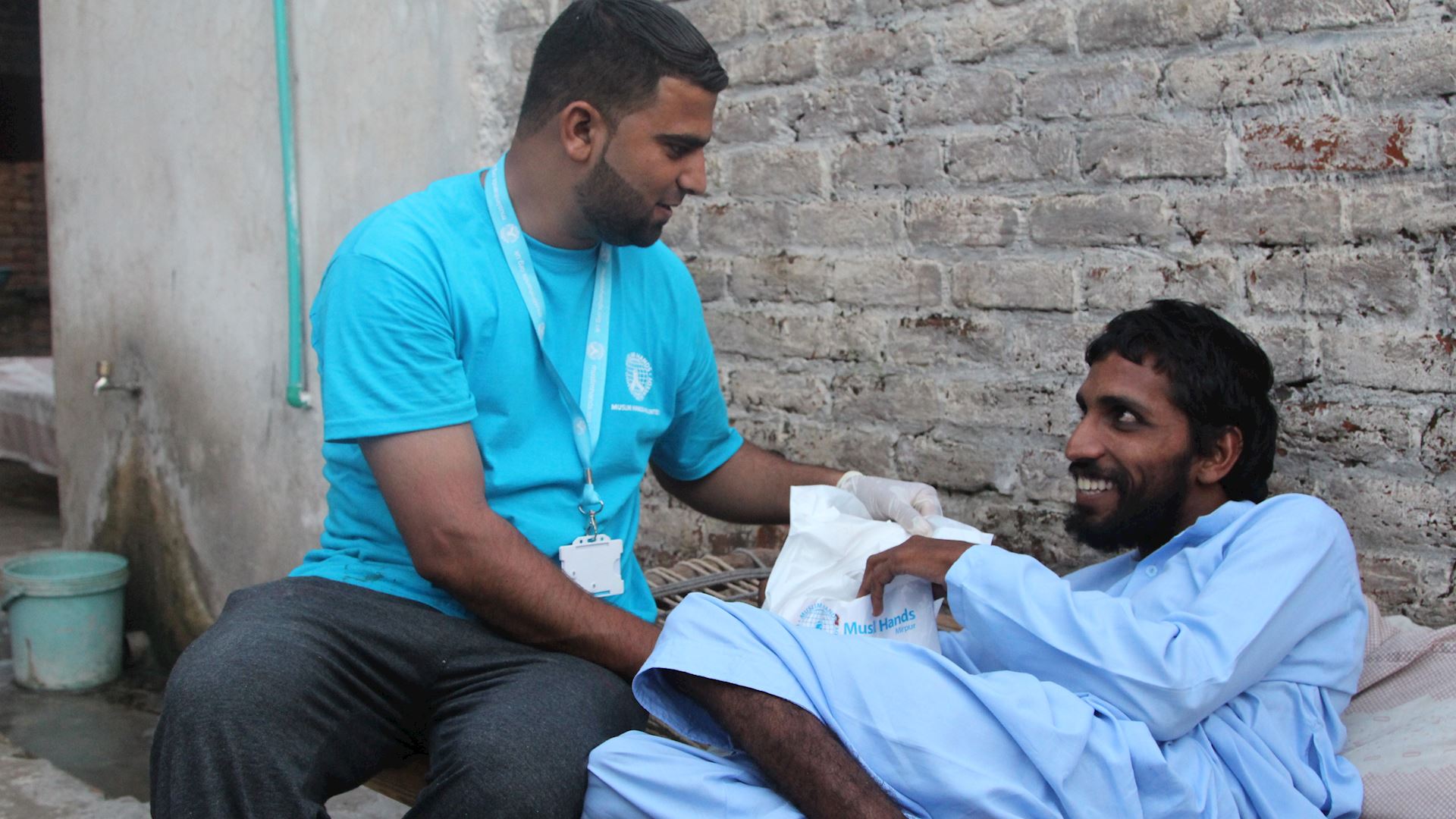
Mercy
It is the mercy of Allah which saves Ismail (as) from death:
‘And when they had both submitted and he put him down upon his forehead, We called to him, "O Ibrahim, you have fulfilled the vision". Indeed, We thus reward the doers of good. Indeed, this was the clear trial and We ransomed him with a great sacrifice’. (Qur’an 37:103-107)
Allah’s mercy has been a source of comfort, guidance and inspiration since the creation of mankind. We see this through the lives of the prophets and the Sahaba as well as in our everyday lives. It is a mercy from Allah that we are even able to inhabit this dunya. It is the reason we can see, hear, taste, the reason we are able to feel love and to make choices and decisions.
This mercy should never be taken for granted. The story of Ibrahim and Ismail (as) shows us that we should always be grateful to Allah (swt) for the compassion He shows. Ibrahim and Ismail (as) repaid the kindness shown to them by spreading the word of Allah (swt) for the remainder of their lives. After all, it was Prophet Ibrahim (as) who built the Ka’aba as a shrine for the worship of Allah (swt).
Allah’s mercy also shows us how we should treat fellow human beings. The Prophet (saw) said, ‘Be merciful to those on the earth, so the One above the heavens will be merciful to you’ (Bukhari). The mercy we show to each other is but one hundredth of the mercy Allah (swt) reserves for us on the Day of Judgement and the mercy of the Creator should be a constant source of guidance for us in the way we deal with one another. By sharing the meat from our sacrifice with our brothers and sisters in need we are encouraged to have compassion and empathy for others just as Allah (swt) is compassionate and merciful towards us.
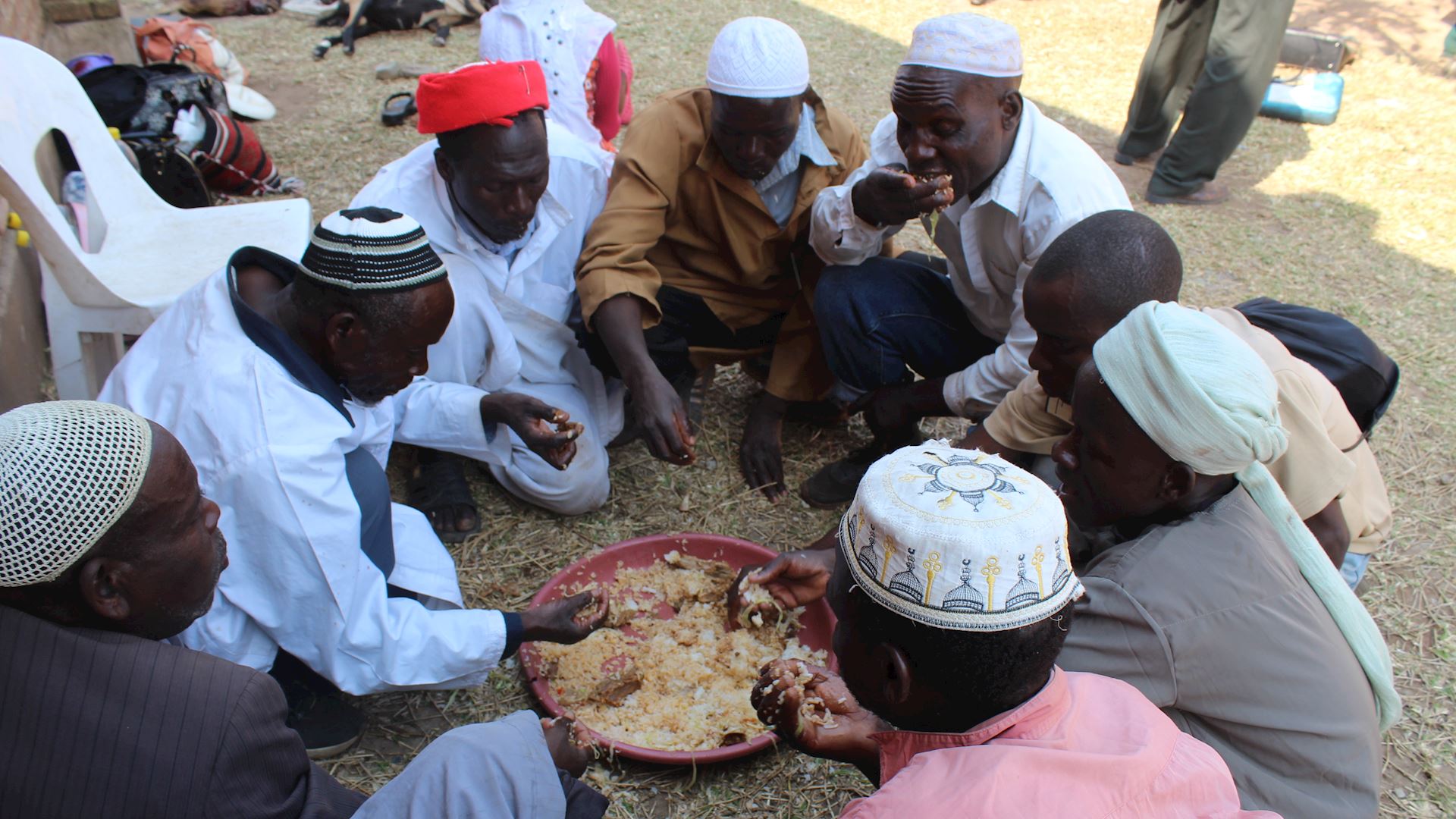
Unity and Piety
The sacrifice, like so many acts of ibadah, also encourages social unity. By sharing a part of your Qurbani with those in need, whether Muslim or non-Muslim, you are sharing your blessings and promoting unity and harmony between all human beings. After all, every one of us is a creation of Allah (swt) and the Qur’an tells us:
‘Allah does not forbid you from those who do not fight you because of religion and do not expel you from your homes - from being righteous toward them and acting justly toward them. Indeed, Allah loves those who act justly’. (Qur'an 60:8)
The Qur’an also explains to us the significance of Qurbani in making us more pious :
‘Their meat will not reach Allah, nor will their blood, but what reaches Him is piety from you. Thus have We subjected them to you that you may glorify Allah for that [to] which He has guided you; and give good tidings to the doers of good’. (Qur’an 22:37)
Not only does this show Qurbani’s importance as an act of worship, but it also makes it clear that it is the symbolism of the act rather than the act itself which makes the sacrifice so important. Allah (swt) does not need our sacrifice. He is the Creator of all life and He calls life back to Him when He sees fit. Qurbani is in fact an act that benefits us. By sacrificing something of our own for the sake of Allah (swt) we are nurturing our Iman, strengthening our capacity for sabr and reminding ourselves of the fleeting nature of the dunya.
The sacrifice is an unmissable opportunity to distance ourselves from the desires of this world and to draw closer to Allah (swt). Made with pure intention, the act of Qurban can strengthen the bond between Creator and creation in a way that impacts us for the rest of this life and the next.









